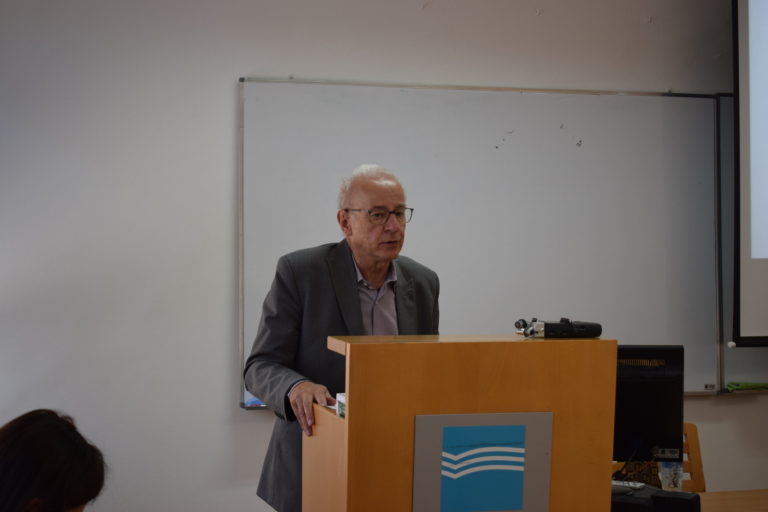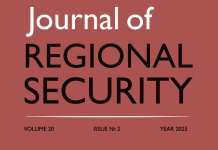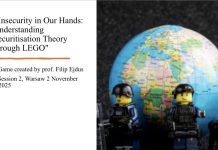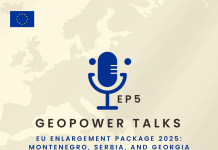The Lecture on “Engaged military neutrality of Austria and Serbia in the context of the war in Ukraine – sustainable neutrality or not?”, delivered by prof. dr Heinz Gärtner, lecturer at the Department of Political Science at the University of Vienna and at the Danube University, was held at the Faculty of Political Science of the University of Belgrade.
Professor Gärtner spoke about the importance and consequences of military neutrality that some countries opt for. He said it is very important to know and recognize the different types of neutrality that a country can have. “Neutrality is something changeable, it is a very flexible institution that is constantly changing. When a country decides to be neutral, it must be neutral in continuity, i. e. both in war and in peace,” he said. There are different types of polarization of world politics, and that the division of the world can be explained on the basis of two parameters – allies and ideology. Gärtner concluded that weaker countries in polarized relations have two options, the so-called ” polarized” relationship when jumping into the wagon when joining the great powers and neutrality.
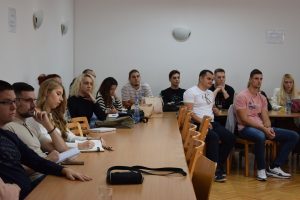
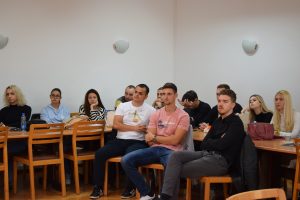

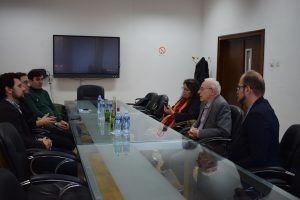
Prof. dr Heinz Gärtner is a lecturer at the Department of Political Science at the University of Vienna and at the Danube University. He was the academic director of the Austrian Institute of International Affairs. Among other things, he chairs the Advisory Committee on Strategy and Security of the Austrian Bundeswehr and the Advisory Board of the International Institute for Peace in Vienna. Prof. Gärtner has published extensively on international security, nuclear non-proliferation and disarmament, as well as US foreign policy, geopolitics, Iran and the Middle East.
You can listen to the lecture by prof. Gärtner here.


